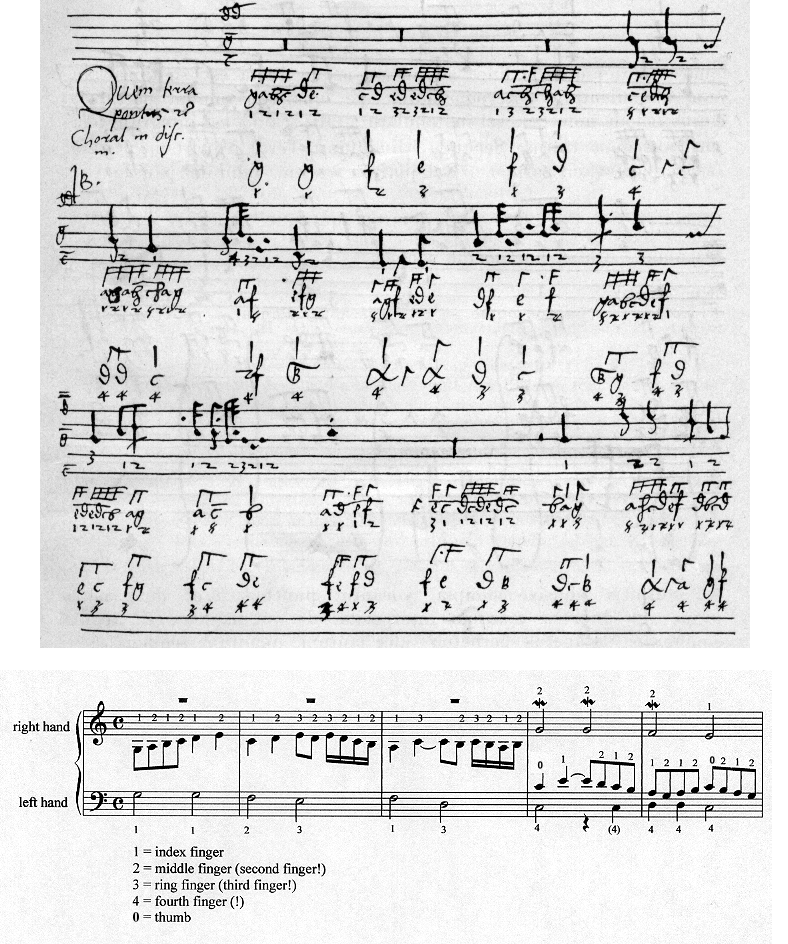Hans Buchner on:
[Wikipedia]
[Google]
[Amazon]
 Hans Buchner (also Joannes Buchner, Hans von Constanz; born 26 October 1483 in
Hans Buchner (also Joannes Buchner, Hans von Constanz; born 26 October 1483 in
 Hans Buchner (also Joannes Buchner, Hans von Constanz; born 26 October 1483 in
Hans Buchner (also Joannes Buchner, Hans von Constanz; born 26 October 1483 in Ravensburg
Ravensburg ( Swabian: ''Raveschburg'') is a city in Upper Swabia in Southern Germany, capital of the district of Ravensburg, Baden-Württemberg.
Ravensburg was first mentioned in 1088. In the Middle Ages, it was an Imperial Free City and an impo ...
; died March 1538, probably in Konstanz
Konstanz (, , locally: ; also written as Constance in English) is a university city with approximately 83,000 inhabitants located at the western end of Lake Constance in the south of Germany. The city houses the University of Konstanz and was th ...
) was an important German organist
An organist is a musician who plays any type of organ (music), organ. An organist may play organ repertoire, solo organ works, play with an musical ensemble, ensemble or orchestra, or accompany one or more singers or instrumentalist, instrumental ...
and composer
A composer is a person who writes music. The term is especially used to indicate composers of Western classical music, or those who are composers by occupation. Many composers are, or were, also skilled performers of music.
Etymology and Defi ...
.
Buchner was a student of Paul Hofhaimer
Paul Hofhaimer (25 January 1459 – 1537) was an Austrian organist and composer. He was particularly gifted at improvisation, and was regarded as the finest organist of his age by many writers, including Vadian and Paracelsus; in addition he ...
, and may have worked for the emperor Maximilian I while Hofhaimer was away. From 1506 he worked in Constance
Constance may refer to:
Places
*Konstanz, Germany, sometimes written as Constance in English
*Constance Bay, Ottawa, Canada
* Constance, Kentucky
* Constance, Minnesota
* Constance (Portugal)
* Mount Constance, Washington State
People
* Consta ...
as the cathedral
A cathedral is a church that contains the '' cathedra'' () of a bishop, thus serving as the central church of a diocese, conference, or episcopate. Churches with the function of "cathedral" are usually specific to those Christian denomination ...
organist. His relationship with Heinrich Isaac
Heinrich Isaac (ca. 1450 – 26 March 1517) was a Netherlandish Renaissance composer of south Netherlandish origin. He wrote masses, motets, songs (in French, German and Italian), and instrumental music. A significant contemporary of Josquin de ...
is unclear, but three of the odd-numbered sequence
In mathematics, a sequence is an enumerated collection of objects in which repetitions are allowed and order matters. Like a set, it contains members (also called ''elements'', or ''terms''). The number of elements (possibly infinite) is calle ...
verses he set are in the same transpositions as the Choralis Constantinus
The ''Choralis Constantinus'' is a collection of over 375 Gregorian chant-based polyphonic motets for the proper of the mass composed by Heinrich Isaac and his pupil Ludwig Senfl. The genesis of the collection is a commission by the Constance Cath ...
(he also set '' Victimae paschali laudes'', whereas Isaac used a different Easter sequence, ''Laudes salvatori''). When, in the course of the Reformation
The Reformation (alternatively named the Protestant Reformation or the European Reformation) was a major movement within Western Christianity in 16th-century Europe that posed a religious and political challenge to the Catholic Church and in ...
, the bishop was forced to move his seat to Meersburg
Meersburg () is a town in Baden-Württemberg in the southwest of Germany. It is on Lake Constance.
It is known for its medieval city. The lower town ("Unterstadt") and upper town ("Oberstadt") are reserved for pedestrians only, and connected by t ...
, Buchner followed him to continue in his post, while maintaining a residence in Constance. In 1529 he applied for a position at Speyer
Speyer (, older spelling ''Speier'', French: ''Spire,'' historical English: ''Spires''; pfl, Schbaija) is a city in Rhineland-Palatinate in Germany with approximately 50,000 inhabitants. Located on the left bank of the river Rhine, Speyer li ...
, but apparently demanded too high a salary. He was often called to inspect new organs, such as those of Zurich and Heidelberg
Heidelberg (; Palatine German language, Palatine German: ''Heidlberg'') is a city in the States of Germany, German state of Baden-Württemberg, situated on the river Neckar in south-west Germany. As of the 2016 census, its population was 159,914 ...
.
His most important legacy is the ''Fundamentbuch,'' a collection of organ music that also includes an introduction to the techniques of playing and improvising on plainchant
Plainsong or plainchant (calque from the French ''plain-chant''; la, cantus planus) is a body of chants used in the liturgies of the Western Church. When referring to the term plainsong, it is those sacred pieces that are composed in Latin text. ...
. Buchner's ''Collected Organ Works (Sämtliche Orgelwerke)'' are edited by Jost Harro Schmidt as volumes 54 & 55 of Das Erbe deutscher Musik
Das or DAS may refer to:
Organizations
* Dame Allan's Schools, Fenham, Newcastle upon Tyne, England
* Danish Aviation Systems, a supplier and developer of unmanned aerial vehicles
* Departamento Administrativo de Seguridad, a former Colombian ...
(Litolff/Frankfurt, 1974) Amongst his pupils was the Swiss organist and composer, Fridolin Sicher
Fridolin Sicher (March 6, 1490 – June 13, 1546) was a Swiss composer and organist of the Renaissance. He was born in Bischofszell and began his study of the organ at the age of 13 with Martin Vogelmaier, the organist of Konstanz Cathedral. He th ...
.
External links
* * {{DEFAULTSORT:Buchner, Hans German classical composers Renaissance composers German classical organists German male organists 1483 births 1538 deaths German male classical composers Male classical organists